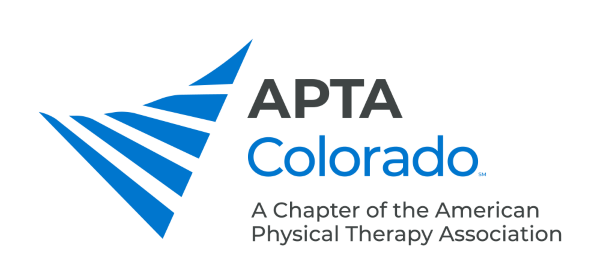What Happens When COVID-19 Emergency Declarations End? Implications for Coverage, Costs, and AccessKaiser Family Foundation | By Juliette Cubanski et al. On Jan. 30, 2023, the Biden Administration announced its intent to end the national emergency and public health emergency declarations on May 11, 2023, related to the COVID-19 pandemic. These emergency declarations have been in place since early 2020, and gave the federal government flexibility to waive or modify certain requirements in a range of areas, including in the Medicare, Medicaid, and CHIP programs, and in private health insurance, as well as to allow for the authorization of medical countermeasures and to provide liability immunity to providers who administer services, among other things. In addition, Congress also enacted legislation—including the Families First Coronavirus Response Act (FFCRA), the Coronavirus Aid, Relief, and Economic Security (CARES) Act , the American Rescue Plan Act (ARPA), the Inflation Reduction Act (IRA), and the Consolidated Appropriations Act, 2023 (CAA)—that provided additional flexibilities tied to one or more of these emergency declarations, and as such they too are scheduled to expire when (or at a specified time after) the emergency period(s) expires. This brief provides an overview of the major health-related COVID-19 federal emergency declarations that have been made, and summarizes the flexibilities triggered by each in the following areas:
This is not meant to be an exhaustive list of all federal policy and regulatory provisions made in response to COVID-19 emergency declarations. For example, we do not cover the entire range of federal and state emergency authorities exercised under Medicaid Disaster Relief State Plan Amendments (SPAs), other Medicaid and CHIP SPAs, and other state-reported administrative actions; Section 1115 waivers; Section 1135 waivers; and 1915 (c) waiver Appendix K strategies. The Centers for Medicare & Medicaid Services maintains a more complete list of coronavirus waivers and flexibilities that have been exercised since early 2020; some state actions to respond to the emergency may have expiration dates that are not tied to the end of the federal emergency declarations. This brief also does not include all congressional actions that have been made affecting access to COVID-19 vaccines, tests, and treatment that are not connected to emergency declarations, such as coverage of COVID-19 vaccines under Medicare and private insurance (see Commercialization of COVID-19 Vaccines, Treatments, and Tests: Implications for Access and Coverage for more discussion of these issues). |


